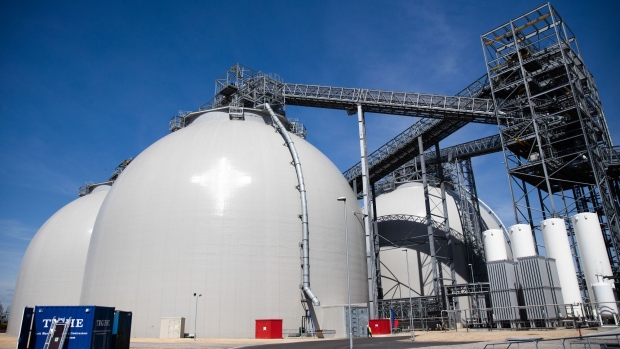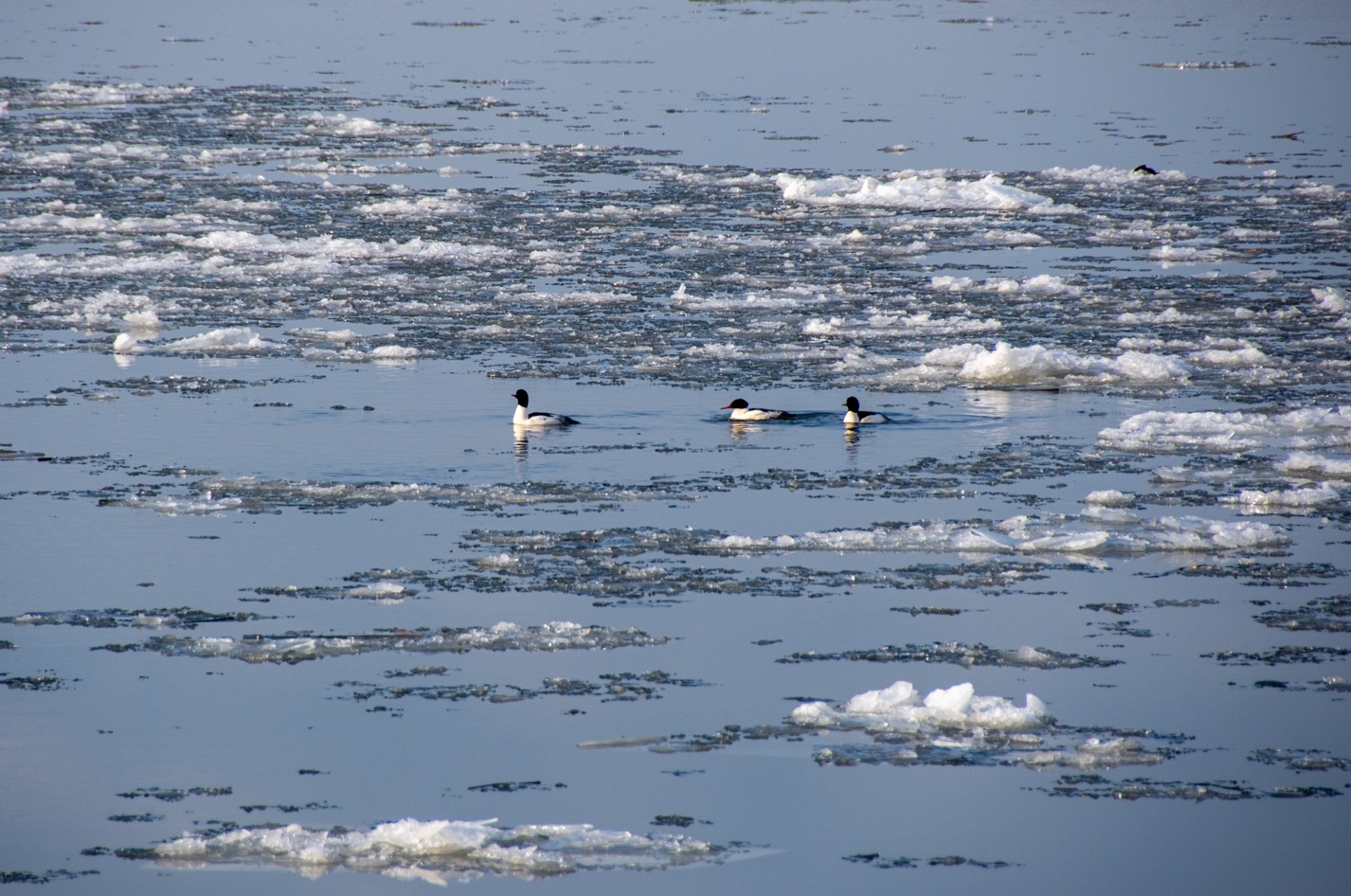 The warmest winter on record could have far-reaching effects on everything from wildfire season to erosion, climatologists say, while offering a preview of what the season could resemble in the not-so-distant future unless steps are taken to cut greenhouse gas emissions. …Canada shattered temperature records this winter, and it wasn’t close, Phillips said, referring to national data going back to 1948. While winter’s end is typically marked by the equinox, climatologists look at what’s known as meteorological winter, the three-month period from December to February. Over that period, Canada was 5.2 C warmer than average, said Phillips. That’s 1.1 degrees warmer than the previous record set in 2009-2010. …Almost all of Western Canada, northern Ontario and parts of northern Quebec were under drought conditions as of the end of February, says a recent update from Environment Canada. Parts of southern Alberta and northern British Columbia reported conditions typically seen once every 50 years.
The warmest winter on record could have far-reaching effects on everything from wildfire season to erosion, climatologists say, while offering a preview of what the season could resemble in the not-so-distant future unless steps are taken to cut greenhouse gas emissions. …Canada shattered temperature records this winter, and it wasn’t close, Phillips said, referring to national data going back to 1948. While winter’s end is typically marked by the equinox, climatologists look at what’s known as meteorological winter, the three-month period from December to February. Over that period, Canada was 5.2 C warmer than average, said Phillips. That’s 1.1 degrees warmer than the previous record set in 2009-2010. …Almost all of Western Canada, northern Ontario and parts of northern Quebec were under drought conditions as of the end of February, says a recent update from Environment Canada. Parts of southern Alberta and northern British Columbia reported conditions typically seen once every 50 years.

 SAINT JOHN, NB
SAINT JOHN, NB
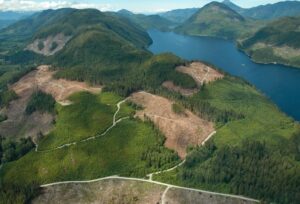 This month, in the wake of intensive scrutiny from policymakers and civil society, two federal departments, Environment and Climate Change Canada and Energy and Natural Resources Canada, are launching a review of how the federal government accounts for GHG emissions from the forestry sector. …Unfortunately, the review is leaving one of the biggest issues — a biased approach to reporting emissions from industrial logging — off the table. …This unbalanced accounting for wildfires leads to the misleading portrayal of clearcut logging in Canada as carbon-neutral when, in fact, logging is a carbon polluter on the scale of the high-emitting agriculture and building sectors. …Instead, the review only addresses the question of what baseline should be used to assess progress in emissions reductions in the sector (2005 or a business-as-usual reference level). It ignores calls from the environment commissioner and others to also review the way Canada estimates and reports logging emissions.
This month, in the wake of intensive scrutiny from policymakers and civil society, two federal departments, Environment and Climate Change Canada and Energy and Natural Resources Canada, are launching a review of how the federal government accounts for GHG emissions from the forestry sector. …Unfortunately, the review is leaving one of the biggest issues — a biased approach to reporting emissions from industrial logging — off the table. …This unbalanced accounting for wildfires leads to the misleading portrayal of clearcut logging in Canada as carbon-neutral when, in fact, logging is a carbon polluter on the scale of the high-emitting agriculture and building sectors. …Instead, the review only addresses the question of what baseline should be used to assess progress in emissions reductions in the sector (2005 or a business-as-usual reference level). It ignores calls from the environment commissioner and others to also review the way Canada estimates and reports logging emissions.
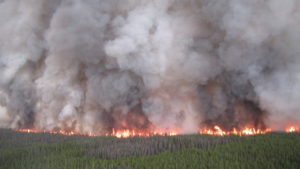 Bodies and minds are just as affected by climate change as sea ice and forests, says University of Alberta scientist Sherilee Harper. “Climate change impacts everything we care about,” she said. “It’s not just an environmental issue.” That’s why Harper, along with 30 or so colleagues from disciplines as wide-ranging as economics and epidemiology, have banded together into what she calls Canada’s first university hub to shift the view of climate change from an environmental problem to a threat to human health. “The hub is about helping people see that every climate change decision is a health decision,” said Harper. …Wildfire smoke, which last summer gave Canada some of the worst air quality on the globe. …There are mental health impacts as well, from the acute stress suffered by those forced to flee by flames. …Such hubs already exist in the U.S., the U.K. and Australia, Harper said.
Bodies and minds are just as affected by climate change as sea ice and forests, says University of Alberta scientist Sherilee Harper. “Climate change impacts everything we care about,” she said. “It’s not just an environmental issue.” That’s why Harper, along with 30 or so colleagues from disciplines as wide-ranging as economics and epidemiology, have banded together into what she calls Canada’s first university hub to shift the view of climate change from an environmental problem to a threat to human health. “The hub is about helping people see that every climate change decision is a health decision,” said Harper. …Wildfire smoke, which last summer gave Canada some of the worst air quality on the globe. …There are mental health impacts as well, from the acute stress suffered by those forced to flee by flames. …Such hubs already exist in the U.S., the U.K. and Australia, Harper said.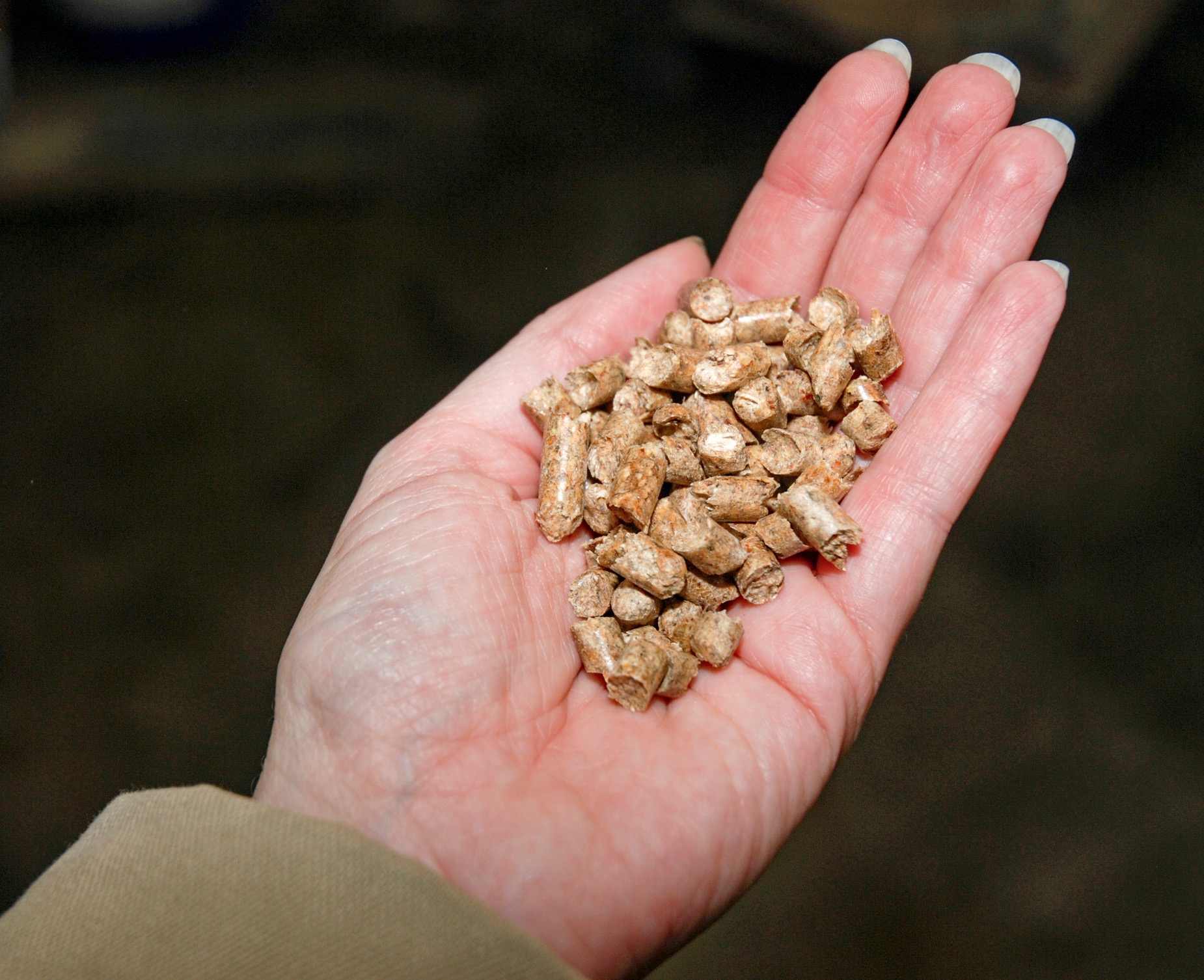 The operator of pellet plants in Houston and Burns Lake is calling assertions it is chipping old-growth wood for pellets “inaccurate and misleading.” But Drax, a multi-national user of wood pellets, which it burns to help turn turbines to generate electricity, admits that nine truckloads of wood from old growth areas were mistakenly taken to its plants. “For context, this was nine out of almost 8,000 truckloads delivered to Drax’s pellet plants over the three months in question – delivering equivalent to around 0.15 per cent of the material received,” the company said in a March 13 release. The assertion Drax was converting old growth into pellets came from two environmental groups said the company’s claims in 2023 it would not be taking old-growth wood did not reflect what it was actually doing. …Michelle Connolly from Conservation North said Drax received 103 loads of logs at its Burns Lake and Houston pellet plants from old growth areas as late as January 2024.
The operator of pellet plants in Houston and Burns Lake is calling assertions it is chipping old-growth wood for pellets “inaccurate and misleading.” But Drax, a multi-national user of wood pellets, which it burns to help turn turbines to generate electricity, admits that nine truckloads of wood from old growth areas were mistakenly taken to its plants. “For context, this was nine out of almost 8,000 truckloads delivered to Drax’s pellet plants over the three months in question – delivering equivalent to around 0.15 per cent of the material received,” the company said in a March 13 release. The assertion Drax was converting old growth into pellets came from two environmental groups said the company’s claims in 2023 it would not be taking old-growth wood did not reflect what it was actually doing. …Michelle Connolly from Conservation North said Drax received 103 loads of logs at its Burns Lake and Houston pellet plants from old growth areas as late as January 2024.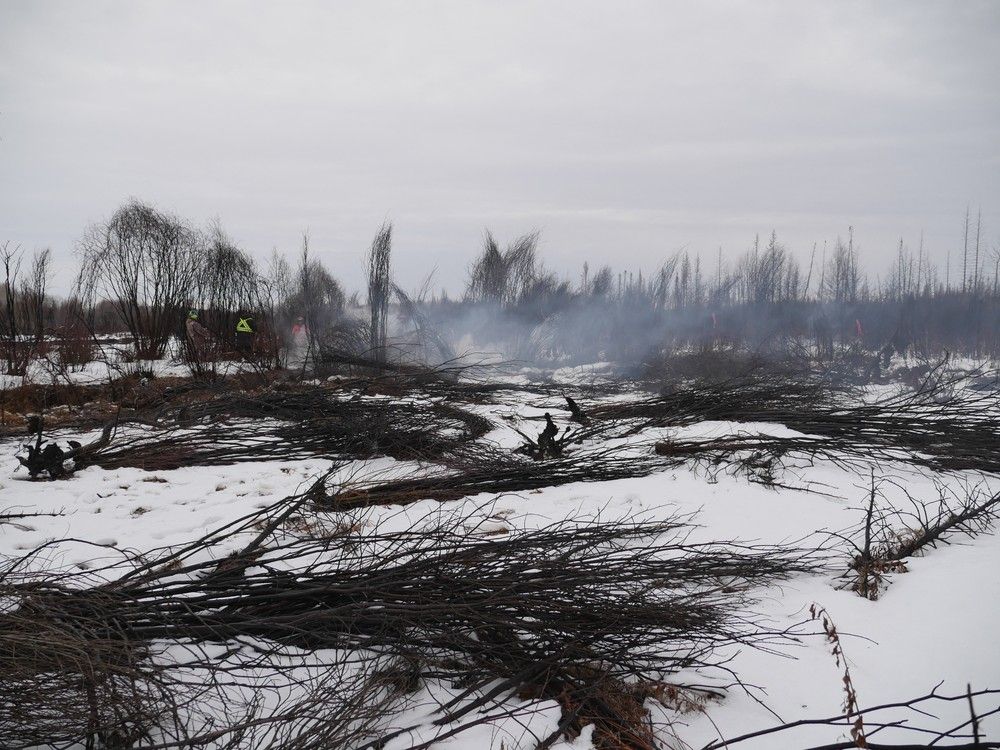


 THOROLD
THOROLD
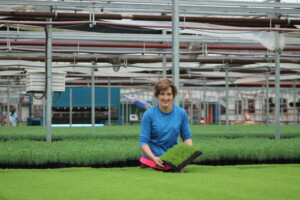
 TIMMINS – The Government of Ontario is making an historic investment of $60 million in the Forest Biomass Program. Over the next three years, the program will make targeted investments in forest sector initiatives to develop the economic potential and environmental benefits of underutilized wood and mill by-products, known as forest biomass. “This new Forest Biomass Program funding will grow businesses, strengthen communities and put workers to work,” said Graydon Smith, Minister of Natural Resources and Forestry. “We are investing in the technology, the people and the expertise that drive our forest sector into the future – and together, we are achieving our government’s plan for forest sector prosperity.” The announcement of additional funding follows the Forest Biomass Program’s third phase of investment, which committed more than $6.1 million to 12 research, innovation and modernization initiatives.
TIMMINS – The Government of Ontario is making an historic investment of $60 million in the Forest Biomass Program. Over the next three years, the program will make targeted investments in forest sector initiatives to develop the economic potential and environmental benefits of underutilized wood and mill by-products, known as forest biomass. “This new Forest Biomass Program funding will grow businesses, strengthen communities and put workers to work,” said Graydon Smith, Minister of Natural Resources and Forestry. “We are investing in the technology, the people and the expertise that drive our forest sector into the future – and together, we are achieving our government’s plan for forest sector prosperity.” The announcement of additional funding follows the Forest Biomass Program’s third phase of investment, which committed more than $6.1 million to 12 research, innovation and modernization initiatives. …To an extent not widely appreciated, the world is now warming at a pace that scientists did not expect and, alarmingly, do not fully understand. At a Financial Times conference this month, Jim Skea, the chair of the UN’s Intergovernmental Panel on Climate Change, said last year’s spike in temperatures was “quicker than we all anticipated”. “Ocean temperatures were just off the scale in terms of historic records and we still need to do more work to explain it.” …Gavin Schmidt, director of Nasa’s Goddard Institute for Space Studies in New York City warned that the… surprising heat revealed that “an unprecedented knowledge gap” had opened up for the first time since satellite data began to give scientists a real-time view of the climate system about 40 years ago. This gap may mean we have a shakier grasp of what lies ahead — which is worrying when it comes to forecasting drought and rainfall patterns.
…To an extent not widely appreciated, the world is now warming at a pace that scientists did not expect and, alarmingly, do not fully understand. At a Financial Times conference this month, Jim Skea, the chair of the UN’s Intergovernmental Panel on Climate Change, said last year’s spike in temperatures was “quicker than we all anticipated”. “Ocean temperatures were just off the scale in terms of historic records and we still need to do more work to explain it.” …Gavin Schmidt, director of Nasa’s Goddard Institute for Space Studies in New York City warned that the… surprising heat revealed that “an unprecedented knowledge gap” had opened up for the first time since satellite data began to give scientists a real-time view of the climate system about 40 years ago. This gap may mean we have a shakier grasp of what lies ahead — which is worrying when it comes to forecasting drought and rainfall patterns. 
 WASHINGTON – The USDA released a plan that will boost biomass supply chain resiliency for domestic biobased product manufacturing, while also advancing environmental sustainability and market opportunities for small and mid-sized producers. The report —
WASHINGTON – The USDA released a plan that will boost biomass supply chain resiliency for domestic biobased product manufacturing, while also advancing environmental sustainability and market opportunities for small and mid-sized producers. The report — 
 The U.S. Securities and Exchange Commission on Wednesday approved a rule that will require some public companies to report their greenhouse gas emissions and climate risks, after last-minute revisions that weakened the directive in the face of strong pushback from companies. The rule was one of the most anticipated in recent years from the nation’s top financial regulator, drawing more than 24,000 comments from companies, auditors, legislators and trade groups over a two-year process. It brings the U.S. closer to the European Union and California, which moved ahead earlier with corporate climate disclosure rules. …Since the SEC proposed a rule two years ago, experts had said it was likely to face litigation almost immediately. …The weakened rule doesn’t require companies to report some indirect emissions known as Scope 3. Those don’t come from a company or its operations, but happen along its supply chain or that result when a consumer uses a product, such as gasoline.
The U.S. Securities and Exchange Commission on Wednesday approved a rule that will require some public companies to report their greenhouse gas emissions and climate risks, after last-minute revisions that weakened the directive in the face of strong pushback from companies. The rule was one of the most anticipated in recent years from the nation’s top financial regulator, drawing more than 24,000 comments from companies, auditors, legislators and trade groups over a two-year process. It brings the U.S. closer to the European Union and California, which moved ahead earlier with corporate climate disclosure rules. …Since the SEC proposed a rule two years ago, experts had said it was likely to face litigation almost immediately. …The weakened rule doesn’t require companies to report some indirect emissions known as Scope 3. Those don’t come from a company or its operations, but happen along its supply chain or that result when a consumer uses a product, such as gasoline.
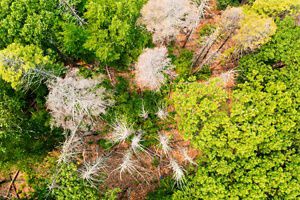

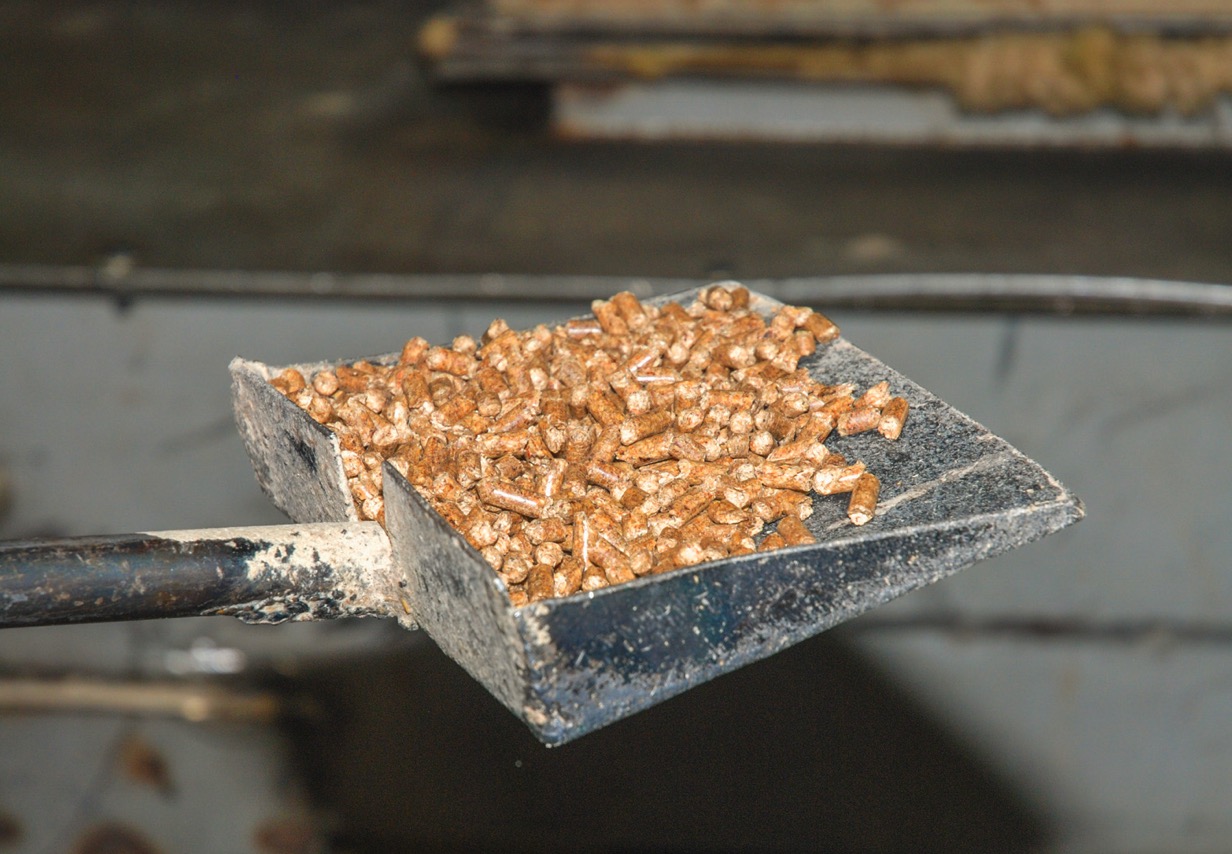 TRUCKEE, Calif. – Golden State Natural Resources (GSNR) is initiating a project aimed at enhancing the resilience of California’s forestlands by acquiring and processing surplus biomass into pelletized fuel. GSNR is optimistic that this fuel source will play a role in advancing renewable energy generation overseas as an alternative to coal. The project entails establishing two processing facilities—one in Tuolumne County, and another in Lassen County on the Modoc Plateau in Northern California. Upon completion, the pellets will be transported via rail or truck to the Port of Stockton for international shipment to countries such as Japan, South Korea, the United Kingdom, and the Netherlands, where they will be used in power plants. However, GSNR’s proposed wood pellet project has generated substantial controversy and apprehension, with many questioning the project’s true intentions. And the project could have direct impacts on the Truckee/Tahoe region.
TRUCKEE, Calif. – Golden State Natural Resources (GSNR) is initiating a project aimed at enhancing the resilience of California’s forestlands by acquiring and processing surplus biomass into pelletized fuel. GSNR is optimistic that this fuel source will play a role in advancing renewable energy generation overseas as an alternative to coal. The project entails establishing two processing facilities—one in Tuolumne County, and another in Lassen County on the Modoc Plateau in Northern California. Upon completion, the pellets will be transported via rail or truck to the Port of Stockton for international shipment to countries such as Japan, South Korea, the United Kingdom, and the Netherlands, where they will be used in power plants. However, GSNR’s proposed wood pellet project has generated substantial controversy and apprehension, with many questioning the project’s true intentions. And the project could have direct impacts on the Truckee/Tahoe region. 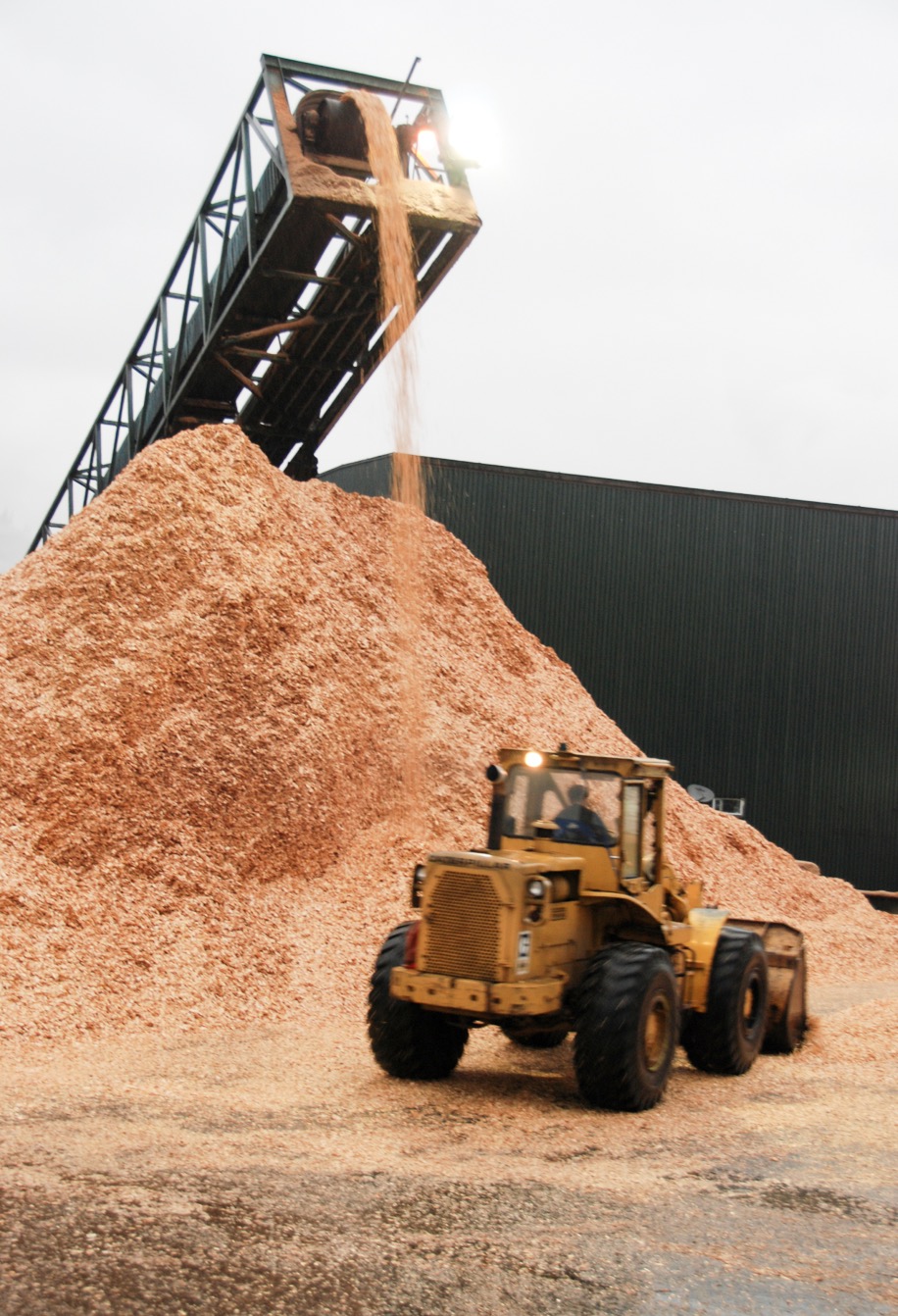 Rep. John Garamendi, D-Calif., and Sen. Angus King, I-Maine, on March 11 each introduced legislation that aims to allow facilities generating renewable electricity from forest biomass, such as woodchips or sawdust, to participate in the Renewable Fuel Standard. The bill, titled the “Biomass for Transportation Fuel Act,” would fully implement the eligibility for electricity generated from renewable biomass, including biogas, to participate in the RFS. The legislation directs the U.S. EPA to approve a RFS pathway for renewable electricity for biomass, but only for feedstocks already eligible under the program, such as agricultural waste, forest byproducts, and municipal/commercial food waste. The bill would make biomass removed from federal forestlands as part of wildfire hazard reduction efforts to be eligible under the RFS. Currently, only biomass collected from non-federal lands is considered eligible RFS feedstock.
Rep. John Garamendi, D-Calif., and Sen. Angus King, I-Maine, on March 11 each introduced legislation that aims to allow facilities generating renewable electricity from forest biomass, such as woodchips or sawdust, to participate in the Renewable Fuel Standard. The bill, titled the “Biomass for Transportation Fuel Act,” would fully implement the eligibility for electricity generated from renewable biomass, including biogas, to participate in the RFS. The legislation directs the U.S. EPA to approve a RFS pathway for renewable electricity for biomass, but only for feedstocks already eligible under the program, such as agricultural waste, forest byproducts, and municipal/commercial food waste. The bill would make biomass removed from federal forestlands as part of wildfire hazard reduction efforts to be eligible under the RFS. Currently, only biomass collected from non-federal lands is considered eligible RFS feedstock. Maine’s EPR program is the first of its kind in the U.S., meaning numerous recycling and waste stakeholders are monitoring details of the program’s rollout. The latest public comment round follows a previous public comment period in October, where stakeholders reviewed a more preliminary, conceptual draft that was then revised and presented to the Board of Environmental Protection in December to kick off the formal rulemaking process. DEP expects the board to adopt the final “routine and technical” rules of the EPR program by this summer. …The draft also calls for producers to use more reusable packaging and gradually add more postconsumer recycled content. In many cases, producers will be hit with heavy fines for not complying. …Groups like the American Forest and Paper Association said Maine’s state needs assessment guidance “is still very sparse” and needs more details on the types of data the stewardship organizations should be collecting.
Maine’s EPR program is the first of its kind in the U.S., meaning numerous recycling and waste stakeholders are monitoring details of the program’s rollout. The latest public comment round follows a previous public comment period in October, where stakeholders reviewed a more preliminary, conceptual draft that was then revised and presented to the Board of Environmental Protection in December to kick off the formal rulemaking process. DEP expects the board to adopt the final “routine and technical” rules of the EPR program by this summer. …The draft also calls for producers to use more reusable packaging and gradually add more postconsumer recycled content. In many cases, producers will be hit with heavy fines for not complying. …Groups like the American Forest and Paper Association said Maine’s state needs assessment guidance “is still very sparse” and needs more details on the types of data the stewardship organizations should be collecting. 


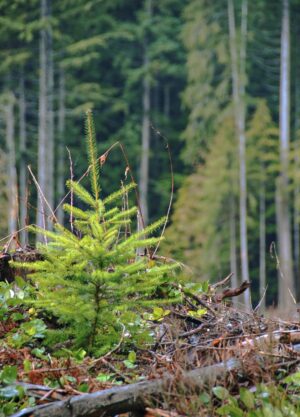 Most climate-concerned people know that trees can help slow global warming by removing carbon dioxide from the atmosphere, but a recent study published in the
Most climate-concerned people know that trees can help slow global warming by removing carbon dioxide from the atmosphere, but a recent study published in the 
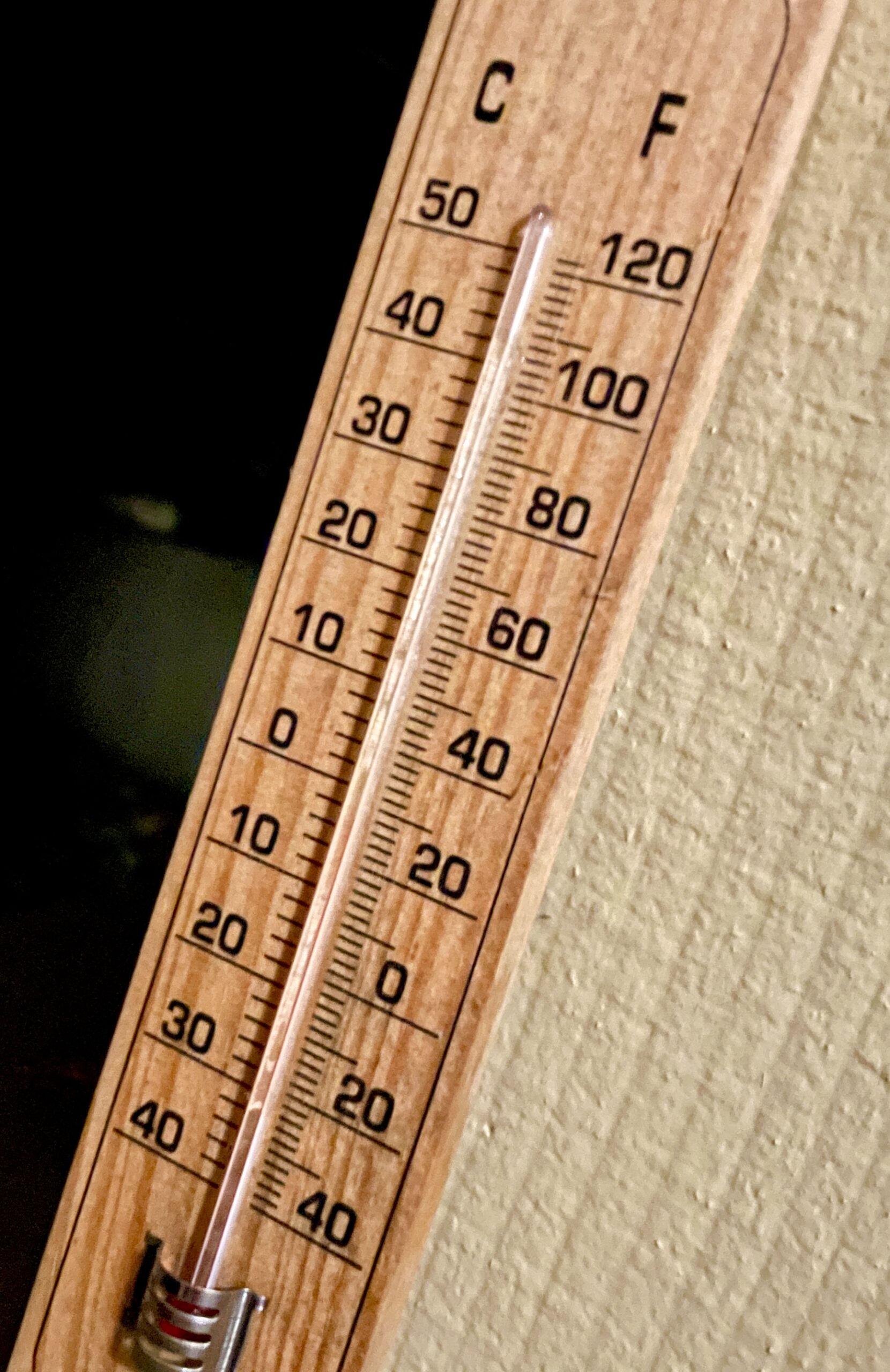 Are you frightened by climate change? …In the words of science writer and author David Wallace-Wells, “No matter how well informed you are, you are surely not alarmed enough.” …If the fracturing of our once stable climate doesn’t terrify you, then you don’t fully understand it. The reality is that, as far as we know, and in the natural course of events, our world has never — in its entire history — heated up as rapidly as it is doing now. Nor have greenhouse gas levels in the atmosphere ever seen such a precipitous hike. …What’s happening to our world scares the hell out of me, but if I shout the brutal, unvarnished truth from the rooftops, will this really galvanize you and others into fighting for the planet and your children’s futures? Or will it leave you frozen like a rabbit in headlights, convinced that all is lost? It is an absolutely critical question.
Are you frightened by climate change? …In the words of science writer and author David Wallace-Wells, “No matter how well informed you are, you are surely not alarmed enough.” …If the fracturing of our once stable climate doesn’t terrify you, then you don’t fully understand it. The reality is that, as far as we know, and in the natural course of events, our world has never — in its entire history — heated up as rapidly as it is doing now. Nor have greenhouse gas levels in the atmosphere ever seen such a precipitous hike. …What’s happening to our world scares the hell out of me, but if I shout the brutal, unvarnished truth from the rooftops, will this really galvanize you and others into fighting for the planet and your children’s futures? Or will it leave you frozen like a rabbit in headlights, convinced that all is lost? It is an absolutely critical question.